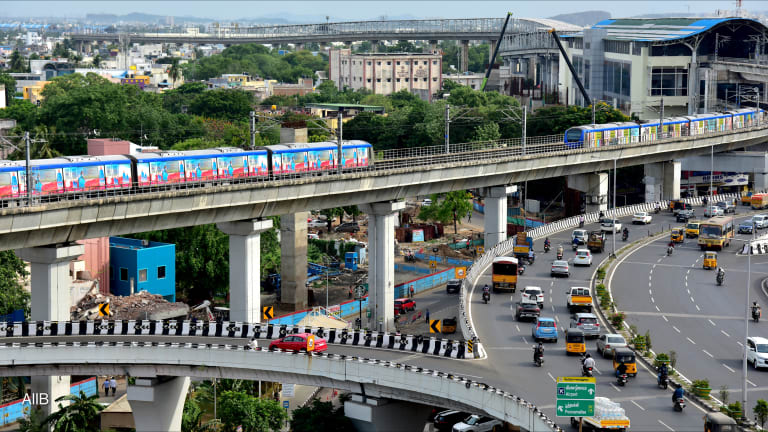
The massive challenge of achieving universal access to energy recently received two major boosts that have raised the issue further on the international development agenda.
U.S. President Barack Obama announced in late June his Power Africainitiative, which pledged $7 billion to double access to power in sub-Saharan Africa. Just two weeks later the World Bank released the Energy Sector Directions Paper, its latest policy plan for expanding energy access in underdeveloped regions.
Access to energy has long been a much-discussed topic within international aid and development circles, but thanks to big splashes like Power Africa and the U.N.’s Sustainable Energy for All initiative, many more are now likely aware that 1.2 billion people around the world still live without electricity.
But what many people don’t know is that the future outlook of energy poverty is projected to still look quite daunting, even in 2030: Nearly one billion people globally will remain without electricity 17 years from now. Even more startlingly, more Africans will lack modern energy services at that point than today.
Unfortunately, current electrification programs many times are not as efficient as they should be and don’t always encourage long-term energy access that is robust, reliable and sustainable — so how can the billions of dollars promised for electrification avoid “band-aid” solutions that result in short-term achievements, but ultimately lead to long-term ineffectiveness?
Given that experts say more than half of new electricity must be decentralizedif universal access is to be achieved by 2030, the key is to pursue a more effective approach to rural electrification.
Collaboration from the start
Cooperation between the implementing organization and the communities gaining new electricity must start from the initial stages of design and planning to ensure that the unique situations and needs of the end-users are fully addressed. What is the villagers’ ability to pay, if at all? How will the newly supplied electricity be primarily utilized? Will the rural community grow significantly in coming years?
Speak with village leaders. Undertake community surveys. Organize discussion meetings. Good intentions and the best technologies can’t create positive results if local perspective isn’t incorporated from the beginning. As the ASEAN Center for Energy’s Guideline for Rural Electrification states: “Bottom-up approaches are the centerpiece of successful rural electrification programs.”
Community inclusion promotes longevity
The long-term viability — and therefore impact — of many rural electrification schemes are significantly improved when community-based operational models are integrated. Village-based governance and employment can incentivize local users to maintain and manage the system in a self-sustaining manner. Jobs are created, income is generated, aptitude is built and accountability is upheld — all important factors in helping to ensure a functioning power generation project succeeds in the long-term. This community-level approach has been successfully implemented in rural, poor areas throughout the developing worldby commercial enterprises like Sunlabob Renewable Energy to non-profits like the Global Village Energy Partnership.
The big picture
Access to energy is essential for development, but energy is only one piece of the puzzle. As the Poor people’s energy outlook 2012, produced by development charity Practical Action, states: “Reliability, quality, and cost of energy supplies are critical success factors to enterprises — but only when coupled with access to markets, social networks, and a business proposition that has sufficient demand.”
Yes, being able to turn on a light bulb for the first time is important, even life-changing in some cases. However, combining electricity access with other vital aspects of development — healthcare, education, business skills and communication — multiplies the impact exponentially.
While those of us that live and breathe rural electrification are thrilled to see initiatives like Power Africa, all stakeholders involved (donor agencies, governments, NGOs, private sector and end-users) must work together to create more efficient, effective approaches for widespread energy access to be achieved sustainably — technically, socially and financially.
The International Energy Agency estimates that more than $40 billion will be needed every year to universally provide modern electricity access by 2030. It would be wise to ensure that money is being spent on high-quality products, services and approaches that provide long-lasting, life-changing results.








